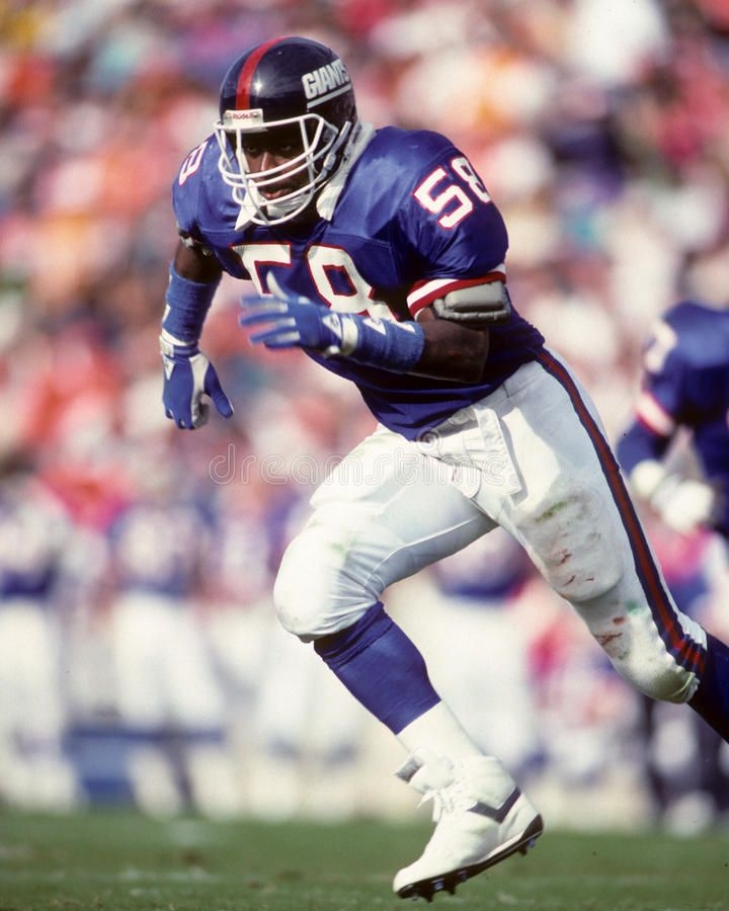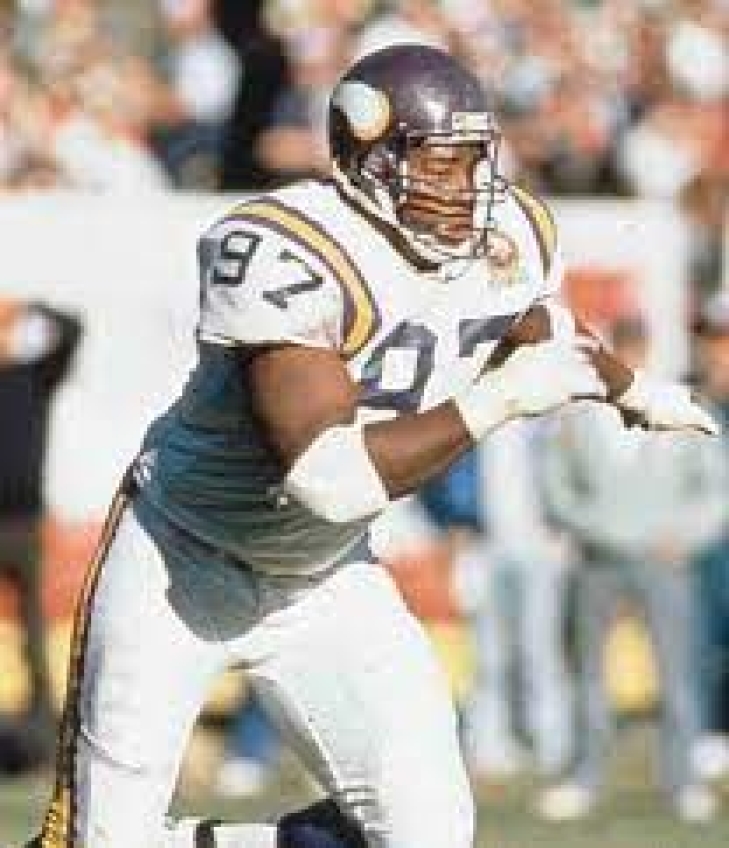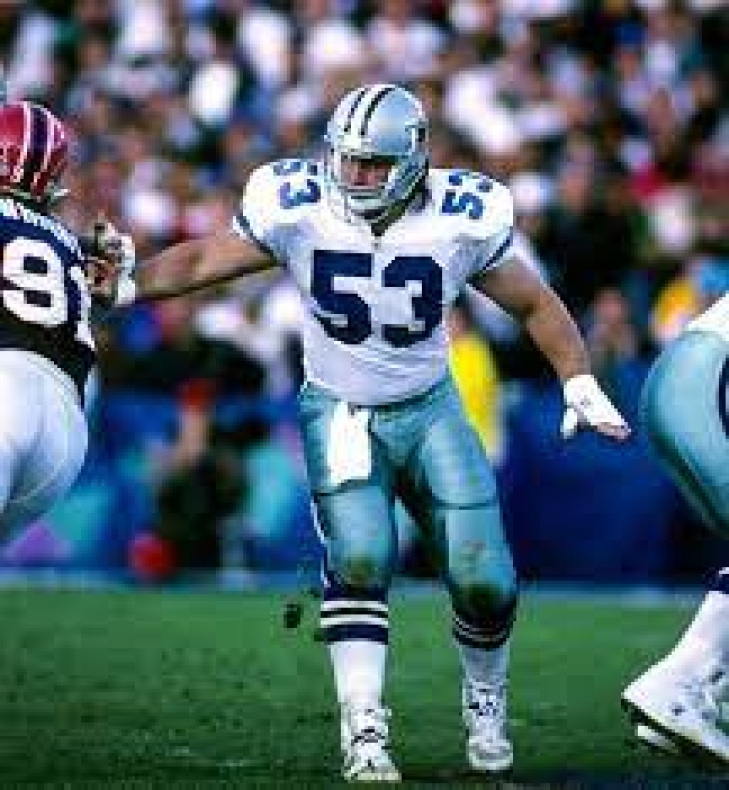
Committee Chairman
Notinhalloffame List Update: 225-250 on Football Revised
The problem with running a Hall of Fame-related website is that many of the big ones we cover all have announcements within months of each other. The backbone of what we do is list-related, resulting in a long push to revise what we already have, specifically now with our Football and Basketball Lists.
At present, we have a minor update as we have completed the next twenty-five of the 2024 Football List, which you can comment on and vote on:
The new 226 to 250:
226. Carl Banks
227. Duane Putnam
228. Bob Gain
229. Dan Towler
230. Fuzzy Thurston
231. Derrick Mason
232. Kyle Rote
233. Lyle Alzado
234. Matt Forte
235. Earl Faison
236. Fred Smerlas
237. Ray Donaldson
238. Jamal Lewis
239. Len Younce
240. Ed White
241. Eugene Robinson
242. Mike Stratton
243. Jim Plunkett
244. George Saimes
245. Mark Clayton
246. Ted Washington
247. Len Hauss
248. Jim Ray Smith
249. Al Nesser
250. Dave Butz
Rankings are impacted annually based on your comments and votes.
Thank you all for your patience. We will soon unveil more changes to the football and basketball lists.
271. Henry Thomas
Vastly underappreciated throughout his 14-year career in the NFL, Henry Thomas is best known for the first half of his career with the Minnesota Vikings, the team that drafted him in 1987.
Thomas was an All-Rookie at Defensive Tackle, and was equally adept at stopping the run as well as rushing the passer. Thomas was the league leader in Forced Fumbles (4) in 1988 and had back-to-back Pro Bowls in 1991 & 1992 with a Second Team All-Pro in 1993.
Thomas signed with Detroit in 1995 where he had his first double-digit year in Sacks (10.5). After another year in Detroit, Thomas closed his career with four seasons in New England. Statistically, Thomas compiled 1,006 Tackles and 93.5 Sacks, a numerical showcase of his versatility and balanced defensive skills.
How to Be a Profitable Sports Bettor?
Sports betting is totally based on anyone's knowledge about any particular game or luck. Those who did this type of betting are also called gamblers.
But, most of the new bettors started losing their money in sports betting as they didn't know the basics.
Well, that's the reason why we are here. In this article, we will guide you on how you can become a profitable bettor.
What Are The Basics of Sports Betting?
Before I tell you how you will become a profitable bettor, you have to learn its basics.
Without knowing the basics, you will always lose your money no matter how hard you work.
Here, from basics, I mean how odds work, the type of bets available, and principles of bankroll management. So, let's check them out:
Types of Odds
- Decimal Odds: This is very common in European countries, Canada, and Australia. This represents the overall payout instead of profit.
- Fractional Odds: This type of odds are very popular in the UK as these are expressed in the form of fraction like if you bet $1 at 5/1 returns, that means if you win you will get $5.
- Moneyline Odds: In the USA, these odds are dominant and can be negative or positive. However, positive odds means how much profit anyone makes on $1. While negative odds show how much money they need to make $1.
Types of Bets
- Moneyline Bets: This type of bet only bets on the outright winner of any particular game.
- Point Spread Bets: It bets on the margin of victory.
- Over/Under Bets: When total points scored by both teams are over or under the betting number.
- Parlays: It is very popular as it combines more than one bet into one.
- Props: This type of bet is specifically based on specific events within a game.
Bankroll Management
If you want long-term success as a bettor, then understanding bankroll management is very crucial.
Those who learned about bankroll management have a very low risk of losing money in a single bet.
Bankroll management will help you to manage your money and allocate a specific amount of money for betting. Here are some principles on which it works:
- Set a Budget: Initially, make sure to decide how much money you can afford to lose without affecting your financial stability.
- Bet Size: Always bet on 1-5% of your bankroll on a single bet.
- Record Keeping: People always forget to keep track of their bets and that's a very bad thing for you as a bettor. Always make sure to keep track of all your bets, including profits and losses.
Developing a Winning Strategy
It is crucial to develop a winning strategy after managing your bankroll and understanding the basics.
This is because when you are betting, it is not good to rely only on luck. You must check out these strategies:
Research and Analysis
- Statistical Analysis: Doing statistical analysis before diving into the betting game is very crucial. It will give you an idea of how other plays have performed in recent times.
- Injury Reports: If you are into sports betting, it is very crucial to know about the injury reports of any player. Moreover, you also keep your eyes on players' suspensions.
- Weather Conditions: Check the weather status before the match starts. In my opinion, do this prior to 1-2 days before the match day.
- Form: Check the player's recent performance. The players who are in form are most likely to perform better. However, if you need more information regarding this, visit this link.
Value Betting
If you want to be a profitable bettor, then value betting is the cornerstone for you. It allows you to identify the bets where you will have the chance to get higher returns.
- Calculate Implied Probability: This helps you play with the odds and convert them into implied probability.
- Compare with Your Estimates: However, suppose you find that the outcome of your analysis has a higher probability of an outcome is higher, then my friend, you have got your bet.
- Bet Accordingly: Now, once you find your bet, wisely place the bet if the opportunities are good.
So, that’s all we have for you. It’s our hope that you find this article helpful. For more info, comment below.





